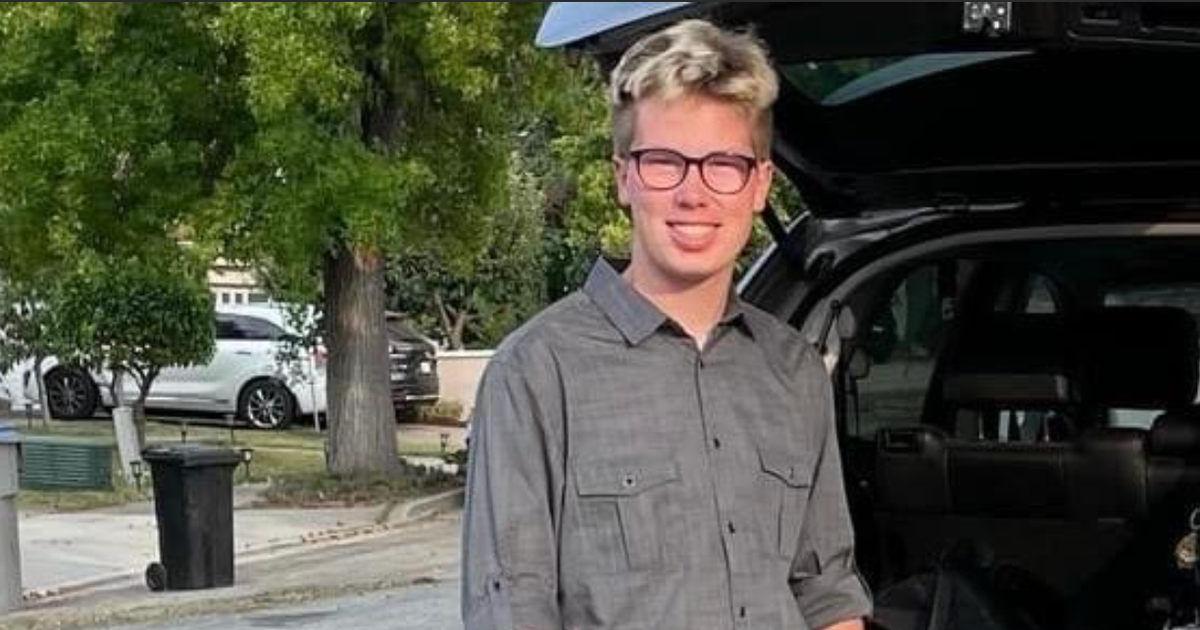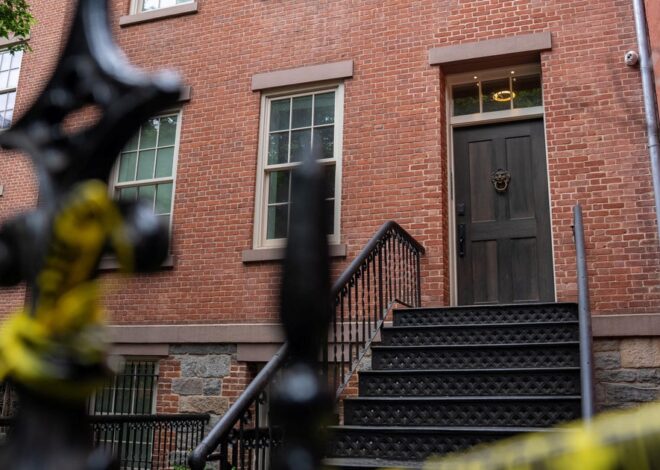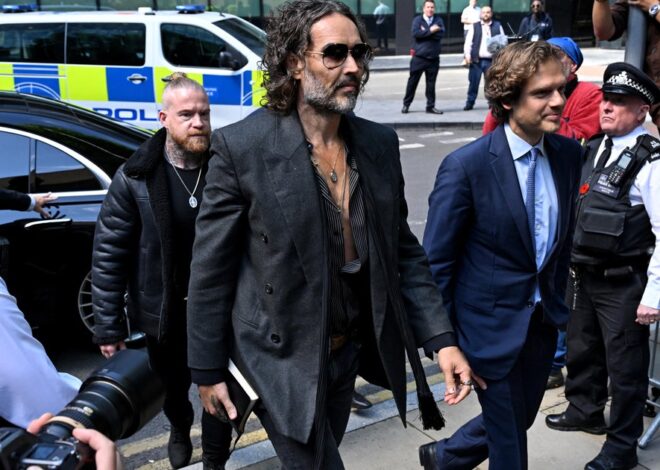
Federal Agents Tackling Child Exploitation Face Public Reluctance to Discuss the Crisis
A Heartbreaking Wake-Up Call
It’s strange, isn’t it, how life can change with just one message? Pauline Stuart learned this the hardest way possible. Three years after losing her son, Ryan, to suicide, she reflects on the bittersweet clarity that grief brings. You think you know who your friends are, but sometimes only the darkest times show you the truth. Ryan, a bright student at just 17, was caught in a criminal “sextortion” plot-a brutal twist for a teenager in what seemed like a safe, close-knit family environment. It’s a chilling reminder that the digital world can harbor dangers we often dismiss as improbable.
Four men charged recently in connection with Ryan’s case signal a legal system striving to respond. Yet, Pauline fights another battle: breaking the taboo surrounding America’s escalating crisis of child sex exploitation. It’s not just about a single case. Since 2022, there has been a troubling surge in cases like Ryan’s. Kids lured, manipulated into sharing illicit images, only to be blackmailed later-a reality many parents find too horrific to confront.
Adam Rosenberg, from the Baltimore-based Center for Hope, stresses the need for adults to tackle these uncomfortable conversations. “If we adults can’t talk about it, how do we expect our children to?” he poses. It’s a question that sticks. How often do we avoid discomfort at the cost of ignoring an urgent truth?
Meanwhile, the Justice Department is pushing hard with “Operation Restore Justice”. Names like Pam Bondi and Dan Bongino are now associated with this fight. They’ve spearheaded a nationwide effort, and as of now, at least 200 arrests underline their resolve. A man in Illinois, a teacher in Michigan, an inmate in Florida-each case highlights the pervasive nature of this threat.
Bondi’s speech rings with a stark warning to parents: “Your child has no right to privacy on the internet.” A controversial stance, perhaps, but one that calls for vigilance in an age where boundaries blur. “These depraved human beings, if convicted, will face maximum penalties,” she asserts, a pledge underscoring the seriousness of these crimes.
The campaign’s impact ripples across local media, bringing arrests like those of several individuals in New Jersey to light. It’s a narrative supported by Bongino’s influential digital presence. He reminds his audience that offenders will be hunted down relentlessly. The message: nowhere is safe for those targeting children.
Amidst this, an FBI video sheds light on the operations in cities from New York to Chicago. It’s a mix of gritty realism and the unsettling reassurance that these crimes won’t be ignored. Rosenberg echoes this sentiment, calling for a candid approach to discussions about child sex exploitation. He believes it’s essential to address this openly, much like society did with AIDS and cancer in past decades.
Pauline Stuart, recently notified of more arrests linked to her son’s extortion, emphasizes the need for parents to actively engage in these conversations. Even with strict controls on Ryan’s devices, the unthinkable happened. It’s a daunting reality that calls for a collective change in attitude.
In the wake of the recent arrests, including that of Alfred Kassi, a man allegedly involved in Ryan’s case, there’s a somber sense of justice in motion. Kassi’s arrest in Côte d’Ivoire highlights the international scope of these crimes. At the time of his capture, investigators found the messages he’d sent to Ryan. It’s a haunting detail that speaks volumes about the persistence of this menace.
Through all this, the Justice Department remains focused on the victims. Their mission continues, working alongside global agencies to share prevention tools. This effort is as much about protection as it is about justice-a cause as necessary as it is challenging.
For more details, see this background on crime trends.



